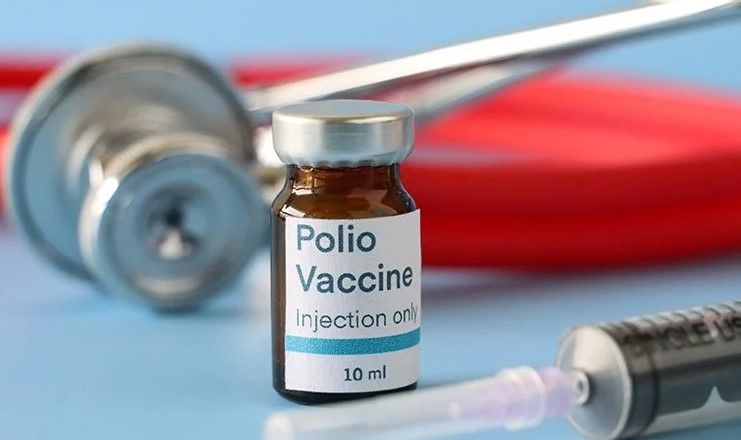Kenya is among countries expected to gain from a new Sh58.5 billion global fund aimed at intensifying efforts to eliminate polio, as concerns grow over vaccine shortages and low immunisation rates, especially in urban informal settlements.
The funding comes through a renewed partnership between the Bill and Melinda Gates Foundation and Rotary International, which announced the pledge during the Rotary International Convention held in Calgary, Canada.
The two organisations will channel the money to the Global Polio Eradication Initiative (GPEI) over the next three years to address challenges such as vaccine stock-outs, weak health systems, regional instability, and new outbreaks in countries that had previously eliminated polio.
Under the agreement, Rotary International will raise US$50 million (about Sh6.5 billion) annually, with the Gates Foundation contributing double that amount for every dollar raised, bringing the total joint investment to US$450 million.
“While historic progress has been made toward defeating polio, 90 per cent of the world’s population is free from the wild poliovirus, we are facing significant challenges, from competing financial priorities to fragile health systems,” said Mike McGovern, Chair of Rotary’s PolioPlus Committee.
“Furthermore, the detection of polio in places like Papua New Guinea that were previously polio-free demonstrates that polio anywhere is a threat everywhere.”
McGovern added that the renewed partnership would enable Rotary to continue delivering lifesaving vaccines to children and protect vulnerable communities.
The fresh investment will support various activities, including vaccine delivery, surveillance, emergency interventions, and awareness campaigns in countries considered high-risk.
The initiative will continue prioritising Afghanistan and Pakistan, which are still recording wild poliovirus cases.
In 2024, Rotary allocated US$500,000 for a two-round emergency polio vaccination drive in Gaza, following the diagnosis of the disease in a 10-month-old child.
“Rotary was the first to envision a world without polio—and today, we have the tools and knowledge to make that vision a reality,” said Bill Gates, Chair of the Gates Foundation. “If we all maintain our commitment and keep funding the solutions we know work, then soon, no family will have to live in fear of this horrific disease ever again.”
Kenya, which has experienced repeated polio vaccine shortages in recent years, is expected to be among the beneficiaries of the renewed support. Health experts have warned that the lack of vaccines has exposed infants to serious health risks, including permanent disability and death.
The country is working to reduce the number of zero-dose children—those who have not received any vaccines—by 25 per cent by 2025, and by half by 2030. The approach includes mobile outreach campaigns, focused interventions in high-need areas, and stronger public education to encourage uptake.
UNICEF Kenya’s Chief of Health, Dr Luigi D’Aquino, said: “The government of Kenya, with the support of GAVI, The Vaccine Alliance, worked on enhancing vaccine supply and logistics, enabling better coverage in underserved areas.”
According to official statistics, about half of Kenya’s zero-dose children are concentrated in 14 counties, including Nairobi, Mombasa, Kakamega, Kisii, Trans Nzoia, Kericho, Bomet, Uasin Gishu, Bungoma, Homa Bay, Kilifi, Kitui, Nandi, and Wajir.
In Nairobi and Mombasa, over 60,000 zero-dose children were recorded in informal settlements between 2019 and 2022, making up around 13 per cent of the national total.
“For 40 years, Rotary has remained steadfast in our commitment to ending polio for good, and the Gates Foundation partnership renewal underscores the importance of this effort,” said Rotary International President Stephanie Urchick. “With gratitude to the Gates Foundation, we remain resolute in delivering on our promise of a polio-free world.”
Rotary introduced its PolioPlus programme in 1985 and has since invested over US$2.9 billion alongside volunteer support. In 1988, Rotary joined WHO, UNICEF, and the US Centers for Disease Control and Prevention to form the GPEI, later bringing in Gavi and the Gates Foundation.
At that time, polio was affecting 350,000 people globally each year. Since then, coordinated global action has brought down the number of cases by more than 99.9 per cent. Canada has also supported the initiative with over CAD$1 billion in pledges.
Despite the enormous progress, global health leaders caution that more investment, political backing, and coordination are needed to wipe out the disease completely—making polio only the second human disease after smallpox to be eradicated.
